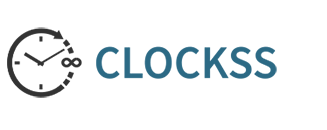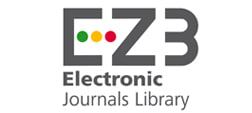Abstract
This study aims to investigate, through in vitro methods, the molecular, immunofluorescent, and immunohistochemical effects of resveratrol and IL-6 on CXCL1 gene/protein expression in human breast cancer cells (MCF-7). MCF-7 and MCF-10A cell lines were cultured and divided into four groups: control, IL-6-treated, resveratrol-treated, and a combination-treated group. CXCL1 gene expression was assessed by real-time PCR (RT-PCR), while CXCL1 protein levels were analyzed using immunofluorescence and immunohistochemistry. Cell viability was quantified by MTS assay using ELISA. CXCL1 gene/protein was overexpressed in MCF-7 cells, especially in the IL-6-treated group, but reduced in both resveratrol and combination-treated groups. MTS assay showed increased cell viability in all IL-6 concentrations compared to control, with the highest value at 300 μM. Immunofluorescence revealed a significant increase in CXCL1 protein in the IL-6-treated group and a decrease in the resveratrol and combination groups. Immunohistochemistry confirmed that CXCL1 protein levels significantly declined in MCF-7 cells treated with resveratrol alone or in combination with IL-6, compared to untreated control cells. These findings indicate that IL-6 upregulates, while resveratrol downregulates, CXCL1 expression in breast cancer cells. Further research is recommended to assess the long-term safety and effects of IL-6 and resveratrol in mammals, as comprehensive safety data for prolonged use remain incomplete.
Recommended Citation
Alanisi, Entkhab M. A.; Alobaidi, Aida H.; and Alyodawi, Khalid
(2025),
Resveratrol and IL-6 Modulation of CXCL1 Expression and Viability in Human Breast Cancer Cell Lines,
AUIQ Complementary Biological System: Vol. 2:
Iss.
2, 1-9.
DOI: https://doi.org/10.70176/3007-973X.1030
Available at:
https://acbs.alayen.edu.iq/journal/vol2/iss2/1
Digital Object Identifier (DOI)
10.70176/3007-973X.1030




















Follow us: